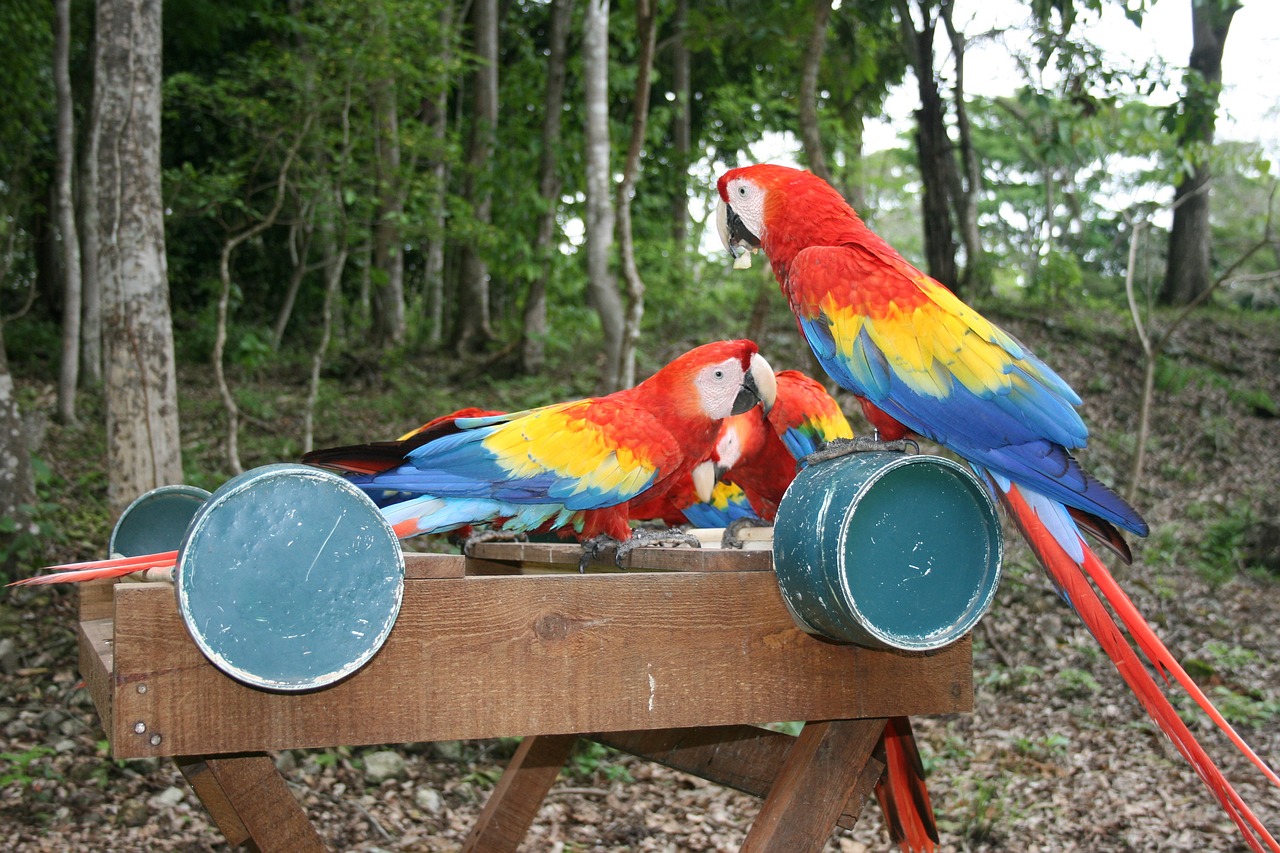Honduras Video
Adapting to Honduras Time Zones: Managing Remote Client Meetings
Managing remote client meetings can be a complex task, especially when dealing with different time zones. This article aims to provide detailed information on adapting to Honduras time zones and effectively managing remote client meetings. By understanding the time zone differences and implementing appropriate strategies, professionals can ensure smooth communication and collaboration with clients in Honduras.
Understanding Honduras Time Zones
Honduras follows Central Standard Time (CST) throughout the year. However, it is important to note that Honduras does not observe daylight saving time. This means that the time difference between Honduras and other regions that do observe daylight saving time may vary throughout the year. It is essential to stay updated with time zone changes in order to schedule meetings accurately.
- Time Zone: Central Standard Time (CST)
Central Standard Time (CST) is the standard time zone followed in Honduras. It is UTC-6:00 throughout the year.
Strategies for Managing Remote Client Meetings
When it comes to managing remote client meetings with individuals or teams in Honduras, there are several strategies that can be implemented to ensure effective communication and collaboration. These strategies are designed to minimize the impact of time zone differences and maximize productivity.
- 1. Schedule Meetings in Advance:
- 2. Use Time Zone Conversion Tools:
- 3. Be Mindful of Cultural Differences:
- 4. Leverage Technology:
- 5. Set Clear Expectations:
- 6. Record Meetings:
Plan meetings well in advance to allow participants to adjust their schedules accordingly. Consider the time difference and try to find a suitable time slot that accommodates all parties involved.
Utilize online time zone conversion tools to accurately determine the local time in Honduras. This will help avoid confusion and ensure everyone is on the same page regarding meeting timings.
Take cultural differences into consideration when scheduling meetings. Be aware of local customs and holidays in Honduras to avoid scheduling conflicts.
Make use of technology tools such as video conferencing platforms, project management software, and collaborative tools to facilitate seamless communication and collaboration during remote client meetings.
Clearly communicate expectations regarding meeting schedules and deliverables to ensure everyone is on the same page. This will help maintain transparency and avoid misunderstandings.
Consider recording remote client meetings for reference purposes. This can be particularly useful for participants who are unable to attend live meetings due to time zone differences.
Honduras Image 1:

Best Practices for Remote Client Meetings
In addition to the strategies mentioned above, there are certain best practices that can enhance the effectiveness of remote client meetings with individuals or teams in Honduras.
- 1. Prepare an Agenda:
- 2. Share Meeting Materials in Advance:
- 3. Encourage Active Participation:
- 4. Take Detailed Meeting Notes:
- 5. Follow Up with Action Items:
Create a detailed agenda for each remote client meeting. This will help keep the discussion focused and ensure that all important topics are covered.
Share relevant documents, presentations, or any other meeting materials with participants in advance. This will give them time to review the materials and come prepared for the meeting.
Encourage active participation from all meeting participants. Create an inclusive environment where everyone feels comfortable sharing their thoughts and ideas.
Assign someone to take detailed meeting notes to ensure that important points and action items are captured. These notes can serve as a reference for future discussions and follow-ups.
After each remote client meeting, send a follow-up email summarizing the key discussion points and action items. This will help keep everyone accountable and ensure progress is made.
Honduras Image 2:

Effective Communication in Remote Client Meetings
Effective communication is crucial for successful remote client meetings. When working with clients in Honduras, it is important to establish clear channels of communication and maintain regular contact.
- 1. Choose the Right Communication Channels:
- 2. Be Mindful of Language Barriers:
- 3. Active Listening:
- 4. Foster a Collaborative Environment:
Select communication channels that are convenient for all participants. This can include email, video conferencing, instant messaging, or project management tools.
English and Spanish are widely spoken in Honduras. However, it is important to be mindful of language barriers and ensure effective communication by using simple and clear language.
Practice active listening during remote client meetings. Pay attention to what others are saying, ask clarifying questions, and provide thoughtful responses.
Promote collaboration and teamwork during remote client meetings. Encourage open dialogue and create an environment where everyone feels comfortable sharing their opinions and ideas.
Honduras Image 3:

Conclusion
Adapting to Honduras time zones and effectively managing remote client meetings requires careful planning, clear communication, and the use of appropriate tools and strategies. By understanding the time zone differences, implementing best practices, and fostering effective communication, professionals can ensure successful collaborations with clients in Honduras. Remember to always stay updated with time zone changes and respect cultural differences to maintain strong working relationships.
References
– timeanddate.com
– worldclock.com
– honduras.com


